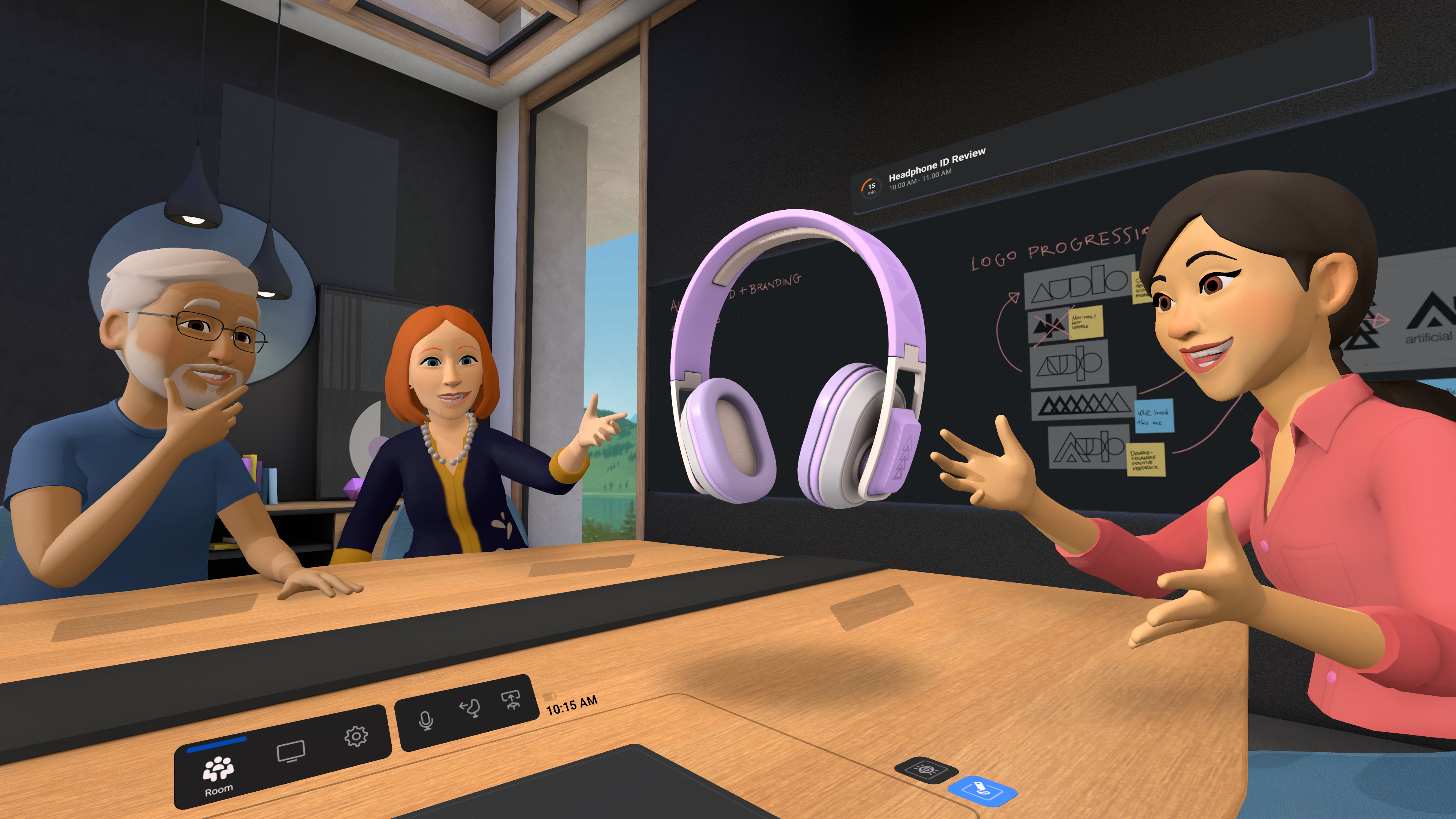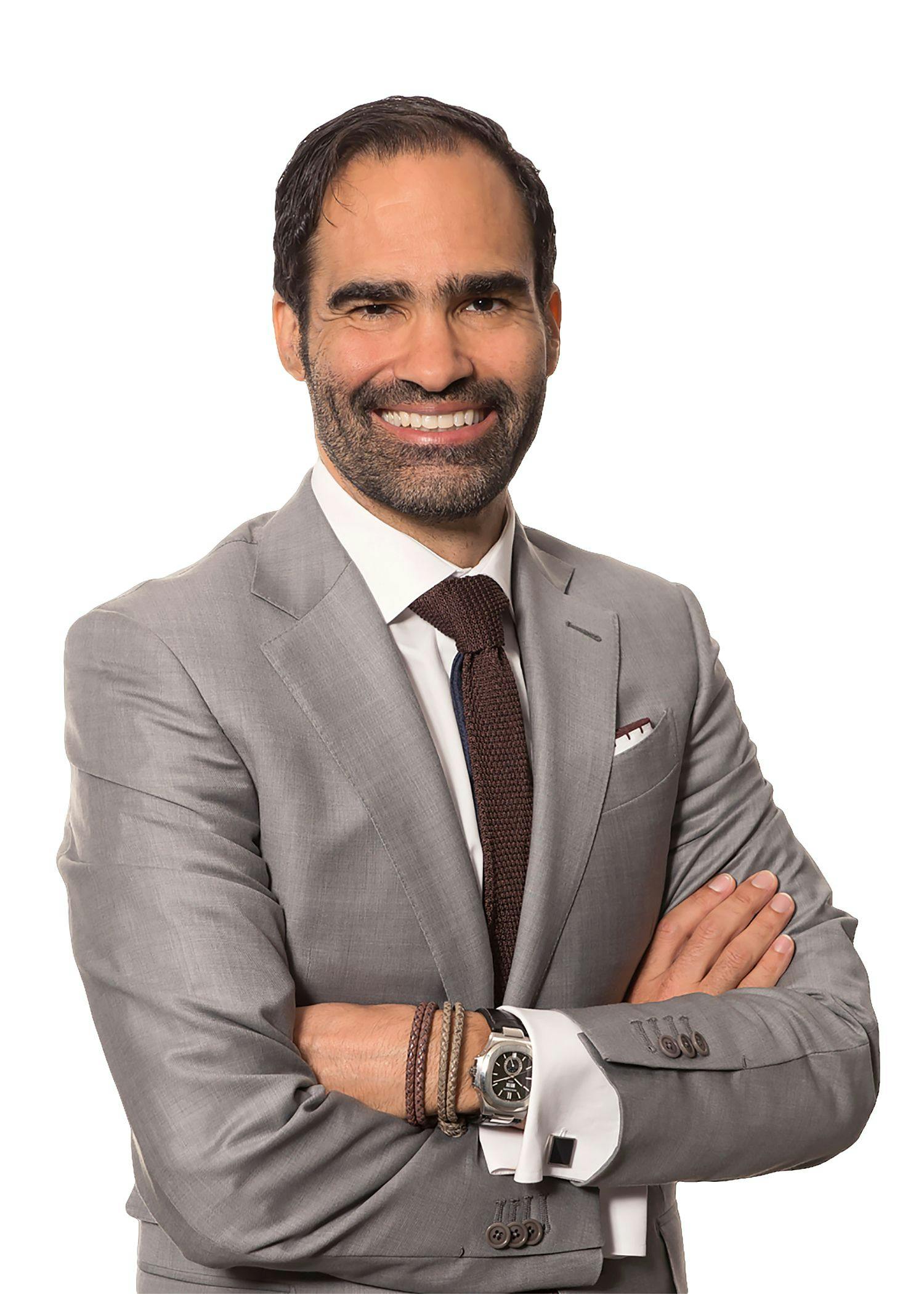My preferred definition for luxury is extreme value creation. It’s a philosophy of connecting deeply with clients and providing so much value for them that then creates desirability. While we can argue that Meta’s apps including Instagram and Facebook are not luxury products, the basic rule of creating value for users remains. If a brand loses the connection with its users, then people will use a service much less, whether it's a luxury one or not.
This is what seems to have happened with Meta. And not only on the core platforms, but reportedly even on the biggest bet for its future: the Horizon platform on the Oculus Quest. Meta’s revenue is under pressure, with TikTok now taking the helm as the preferred platform for Gen Z.
We are living in times of acceleration at accelerated rate. And in these times, there's no room for error and no room for wait and see. Importantly, brands that don’t innovate and inspire immediately lose relevance for a generation that is less forgiving than any generation before and expects to be delighted more than ever.
I ask Mark Zuckerberg: when was the last time Facebook and Instagram were innovators? When was the last time that key functions (think reels, stories) were not just heavily inspired from platforms like Snapchat and TikTok, but real inventions? Brands that become followers easily get into defense mode and almost always lose the ability to inspire. Value creation is replaced by convenience and commodity. A user decline is almost inevitable.
Therefore it was not surprising for me to see the recent announcement of Mark Zuckerberg, initiating the by far biggest layoff in the history of Meta. And companies who move from expansion into cost-cutting mode typically further lose the potential to innovate as focus tends to shift inwards. It will be a major risk for Meta going forward.
What to me is even more worrisome is that Meta attributed its problems to a slowdown of customer demand for digital services following the pandemic. This external finger-pointing will not help to address the issues for value creation. Instead, the first question that the brands with disappointing results need to ask is: how can we connect more with our clients? How can we innovate and create desire? In the case of Meta, this needs to be toward users and advertisers, which makes the challenge even bigger. And especially in times of uncertainty and volatility, clients are most inclined to brands that create more value than others. Hence, creating a superior customer experience is paramount.
Meta has not been great at this, surprisingly. From the many recent PR catastrophes over what the company shares with third parties to repositioning Instagram as more of a video platform following TikTok’s lead, these controversies have undermined consumer trust. The global outcry of users worldwide was an indicator of how disconnected Meta seems to be from its user expectations. And this is in spite of having more user data and insights than anyone else on the planet.
Being an avid user of the Meta Quest Virtual Reality platform and being in constant discussions with other power users, there is much work to do on creating a delightful, intuitive, and value-added experience. User growth issues at Meta’s Horizon platform indicate that a completely new approach may be needed. What is supposed to be the future of the company should be a clear growth engine and again, the issues holding Meta back seem entirely homemade.
When Meta recently launched Meta Quest Pro, arguably the first foray into the luxury segment with a price point far above 1,000 for a device, the entire messaging was more than confusing. While the target audience seems to be business, I was missing any clear and inspiring call-out around the why. What can a user do with this device that can’t be done with the Meta Quest 2? Which apps now truly allow for an intuitive professional use?

It seems that the device was developed from a pure technical perspective and then rushed into the market without a clear strategy and, more importantly, a clear story. In luxury, the story carries the vast majority if the value. If Zuckerberg does not do a major change of strategy and incorporates lessons from managing brands that create significant value, I would not be surprised if the Meta Quest Pro will be a dramatic flop.
This is a critical lesson for any brand, especially those with aspirations in the luxury segment. First, brands need to have a full understanding of their core value proposition and it must be from the client perspective, not internally. Then, this proposition needs to be translated into a compelling brand story that has the potential to inspire. Based on it, a differentiating and intriguing experience needs to be created that sparks desire. Meta does not seem ready yet. Is your brand ready?
This is an op-ed article that reflects the views of the author and does not necessarily represent the views of Jing Daily.
Named one of the “Global Top Five Luxury Key Opinion Leaders to Watch,” Daniel Langer is the CEO of the luxury, lifestyle and consumer brand strategy firm Équité, and the executive professor of luxury strategy and pricing at Pepperdine University in Malibu, California. He consults many of the leading luxury brands in the world, is the author of several best-selling luxury management books, a global keynote speaker, and holds luxury masterclasses on the future of luxury, disruption, and the luxury metaverse in Europe, the USA, and Asia. Follow @drlanger


